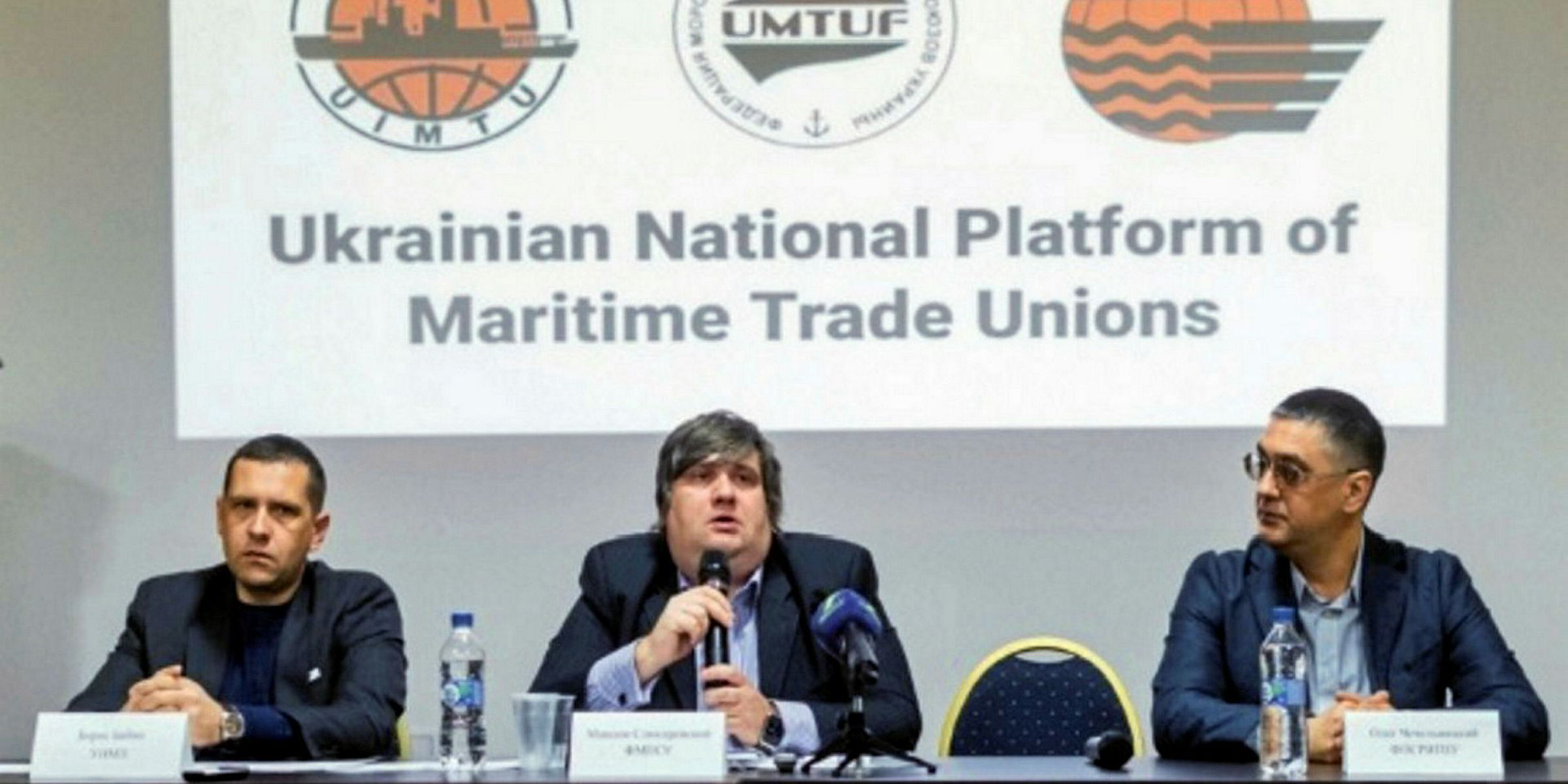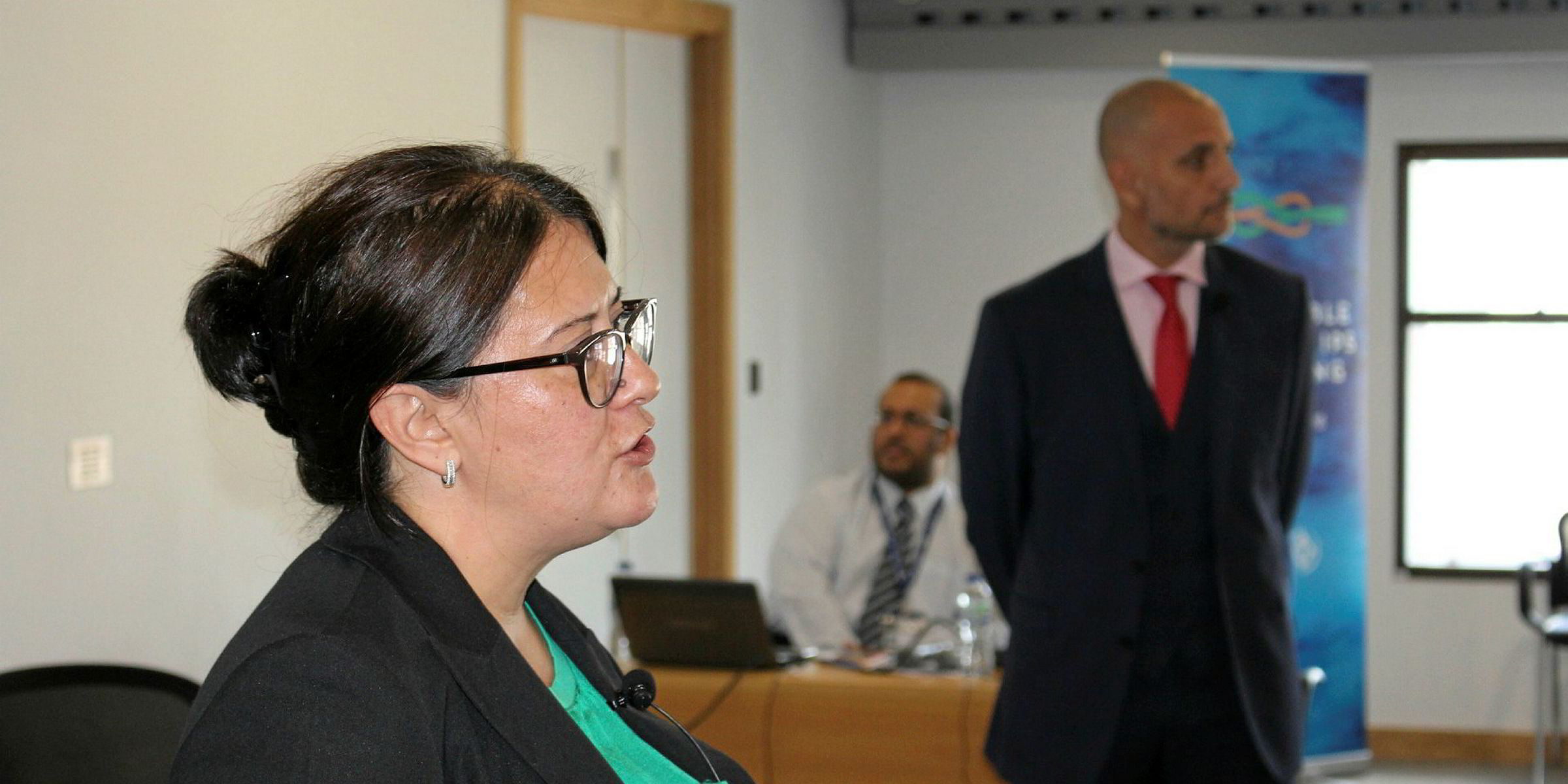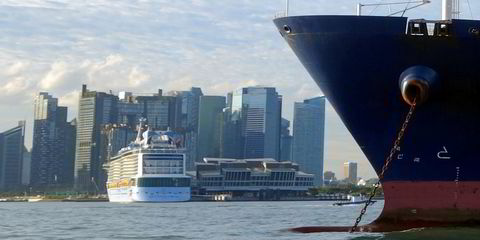Recession-hit markets appear to be testing the solidarity of maritime unions affiliated to the International Transport Workers' Federation (ITF) over minimum wage rates.
Traditionally, maritime unions in 150 different countries enforce the ITF minimum wage scale through collective bargaining agreements (CBAs). Meanwhile, registered under flags of convenience that flout ITF agreements face boycotts around the world.
But earlier this year, the Ukraine Marine Trade Unions' Federation (Umtuf) broke ranks with its national maritime union’s ITF-approved CBA.
Umtuf established the Ukrainian National Platform of Maritime Trade Unions to offer its own CBA, setting minimum wage levels at well below ITF rates.
Under Umtuf's CBA, a rating will earn $700 a month less than a peer being paid under the ITF agreement, offering owners substantial savings on crew costs.
Umtuf says it has introduced the new deal as ITF wage rates are pricing Ukrainian seafarers out of the market.
“Ukraine is able to offer a significant amount of skilled ratings ready to work. However, the current situation in the local labour market is preventing them from getting a job,” Umtuf said.
Umtuf claims it is not alone. It has produced evidence that the Panamanian-registered, 27,315-dwt bulker Zeus I (built 2009) signed a national CBA with the Federation of Transport and General Workers of Cyprus, an ITF affiliate.
Under the agreement, the wage rate for able seamen in Cyprus is set at $1,078 per month — in line with the International Labour Organization's wage scale but far less than the ITF’s approved minimum wage rate of $1,800 a month.
Umtuf suggests that the ship has been allowed to trade freely, reflecting the ITF’s acceptance of the deal. In addition, Umtuf accuses the federation of “double dealing”. It claims that over the past five years the ITF has changed its policy and is allowing “some” unions to discount, while barring Umtuf from doing so.
“The ITF tolerates certain affiliated trade unions cutting seafarers’ wages to below the rates of substandard shipowners,” it said.

The Ukrainian union and the ITF have had a difficult relationship. Umtuf was suspended as an affiliate in November 2013 after the ITF upheld a complaint of “unfair practices” and non-compliance with ITF policy.
ITF maritime coordinator Jacqueline Smith rejects Umtuf’s claims, saying it takes action against affiliates that break policy. She adds the Zeus I is not covered by an ITF special agreement, blue or green certificate, or CBA.
“We need to enquire the status with the relevant affiliate, and also find out why it appears as covered by an ITF agreement in our system,” she said, adding that the vessel had not been assessed by ITF inspectors.
She concedes there have been cases where affiliates have offered CBAs that contravene ITF policy, but these have been addressed.
“There have previously been issues with agreements 'popping up' that are not in line with ITF policy and when that occurs and we’re made aware of it, then we deal with the matter,” Smith said.
She adds there have been issues with Cyprus because of Turkey’s embargo on Cyprus-owned, operated and flagged vessels.
Observers say Umtuf's allegations could weaken the ITF's hand in its ongoing negotiations with employers at the International Bargaining Forum (IBF) for shipping’s largest CBA.
Unions and employers on the IBF have now agreed to set wage rates in February 2018, after failing to do so in July this year.
The current wage deal runs out at the end of 2017.
Both parties have agreed the agreement will remain in place until a new CBA is agreed.




